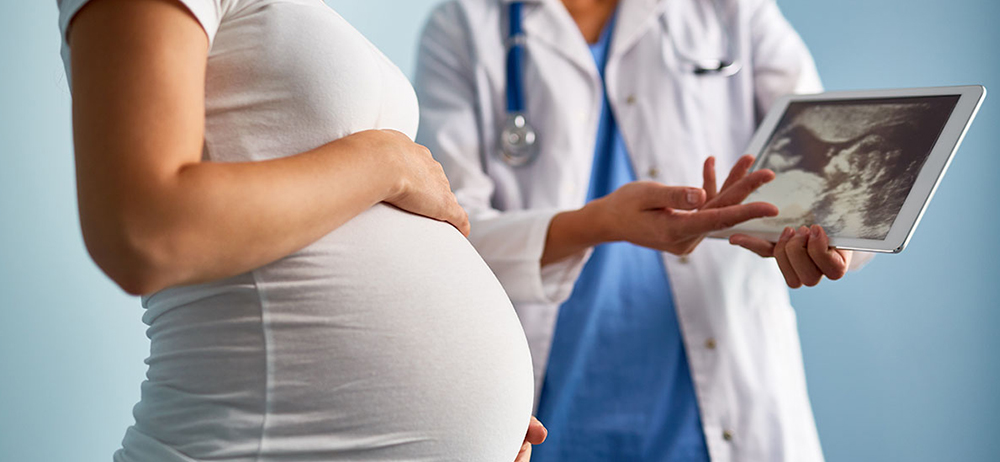High Risk Pregnancy
A high-risk pregnancy is one that poses potential health threats to the mother, the fetus, or both. Various factors can contribute to a pregnancy being classified as high-risk, and these may vary from woman to woman. Some common factors include
- Maternal Age : Women under 17 or over 35 years old are generally considered at higher risk.
- Multiple Pregnancies: Carrying twins, triplets, or more increases the risk of complications.
- Medical Conditions: Pre-existing conditions such as diabetes, hypertension, kidney disease, autoimmune disorders, or heart disease can make a pregnancy high-risk.
- History of Pregnancy Complications
- Genetic Factors: Certain genetic conditions or a family history of genetic disorders may increase the risk.
- Infections: Infections such as HIV, herpes, or other sexually transmitted infections can pose risks during pregnancy.
- Placenta Previa or Placental Abruption: Abnormal positioning or detachment of the placenta can lead to complications.
- Uterine or Cervical Abnormalities: Structural issues with the uterus or cervix can increase the risk of complications.
- Lifestyle Factors: Smoking, alcohol consumption, drug use, and obesity can contribute to a higher risk of complications.
- Assisted Reproductive Technology (ART): Women who have undergone fertility treatments, such as in vitro fertilization (IVF), may have a higher risk of certain complications.
- Poor Prenatal Care: A lack of or inadequate prenatal care can increase the risk of complications.
It's important for women with high-risk pregnancies to receive specialized prenatal care and monitoring to manage potential complications. This may involve more frequent doctor's visits, additional tests, and close monitoring of both the mother and the baby. Sometimes, bed rest or hospitalization may be recommended.
If you suspect you may have a high-risk pregnancy or have specific concerns, it's crucial to consult with a healthcare professional who can assess your individual situation and provide appropriate guidance and care. Early detection and proper management can significantly improve outcomes for both the mother and the baby.
Contact Us
For more information please contact Laxmi Advanced Womencare @ +91-7304075735 / charmithakker@yahoo.com
